How to build an engaged and high-performing team? The question for procurement talent managers is a perennial one. Just one-quarter of CPOs agree it is easy to attract and retain procurement talent, according to Procurement Leaders’ CPO planning guide 2020.
The coronavirus crisis has sharpened the challenge further by upending the world of work. Swaths of employees continue to work remotely and look likely to do so for the foreseeable future.
The question of what motivates employees and keeps them engaged in their work takes on renewed significance in these challenging circumstances. Offering answers to the question, Procurement Leaders’ report, Attracting and retaining procurement talent, reveals the three insights leaders need to enhance their attraction and retention strategies.
1) Support employees in achieving their career objectives
Procurement professionals are a career-oriented lot. When asked to score several criteria according to the importance of each one in their employment decisions, respondents reported future career prospects to be the most significant factor.
That suggests jobseekers will take roles in procurement when they believe those roles will support them in their career objectives. During recruitment, hiring managers should give candidates a clear idea of how the organisation will provide that support.
In questions of employee satisfaction, future career prospects was also revealed to be the most decisive factor, closely followed by the opportunity to get involved in interesting assignments. That means the happier procurement employees are with these two aspects of their roles, separately, the happier they will tend to be overall.
2) Emphasise the organisation’s ethical commitments
It is widely understood that younger generations of professionals are the ones most concerned by company ethics. They want to work for organisations whose morals match their own. Yet, within procurement, our research finds that the relative importance of company ethics in employment decisions increases with age.
On the question of what influenced respondents to take their current roles, those aged 20-25 gave employer ethics a score of around five out of ten, whereas respondents aged 61+ gave employer ethics a score of around eight out of ten.
If younger generations are the more ethically minded, then our research suggests peoples’ personal values do not always mirror their professional motivations. At the beginning of their careers, young procurement professionals will be intent on gaining skills and experiences they can use to improve their future chances of success.
At any rate, hiring managers should emphasise to all prospects the organisation’s stance and performance on ethical issues, in particular where the function’s positive contributions to those issues are concerned. Publicising this information can help to attract talent and serve as positive PR.
3) Tailor attraction and retention strategies to fit different roles
Individuals will have their own reasons for taking procurement roles, and each will be satisfied to varying degrees by different factors.
Understanding what drives employees is critical to designing effective attraction and retention strategies. Every employee is unique, yet managers need something more than that in order to make decisions.
Using data from the Procurement salary survey 2020, the latest talent research presents a set of procurement personas, outlining what motivates groups of individuals classified by their roles: buyers; regional category managers; global category managers; heads of / regional heads / vice presidents; and CPOs.
While the study suggests procurement employees will prioritise career development overall, peoples’ professional priorities vary by role. The most senior members of procurement teams – CPOs and heads of – are motivated more by the prospect of being involved in interesting work and gaining exposure to the wider business, for example. Managers must understand what drives those in their teams in order to design impactful talent plans.
Procurement Leaders members will benefit from using the personas contained in the report to inform their planning, while taking care to consider individual characteristics alongside the role profiles.
Image credits: Carlos Arthur M.R. on Unsplash





















